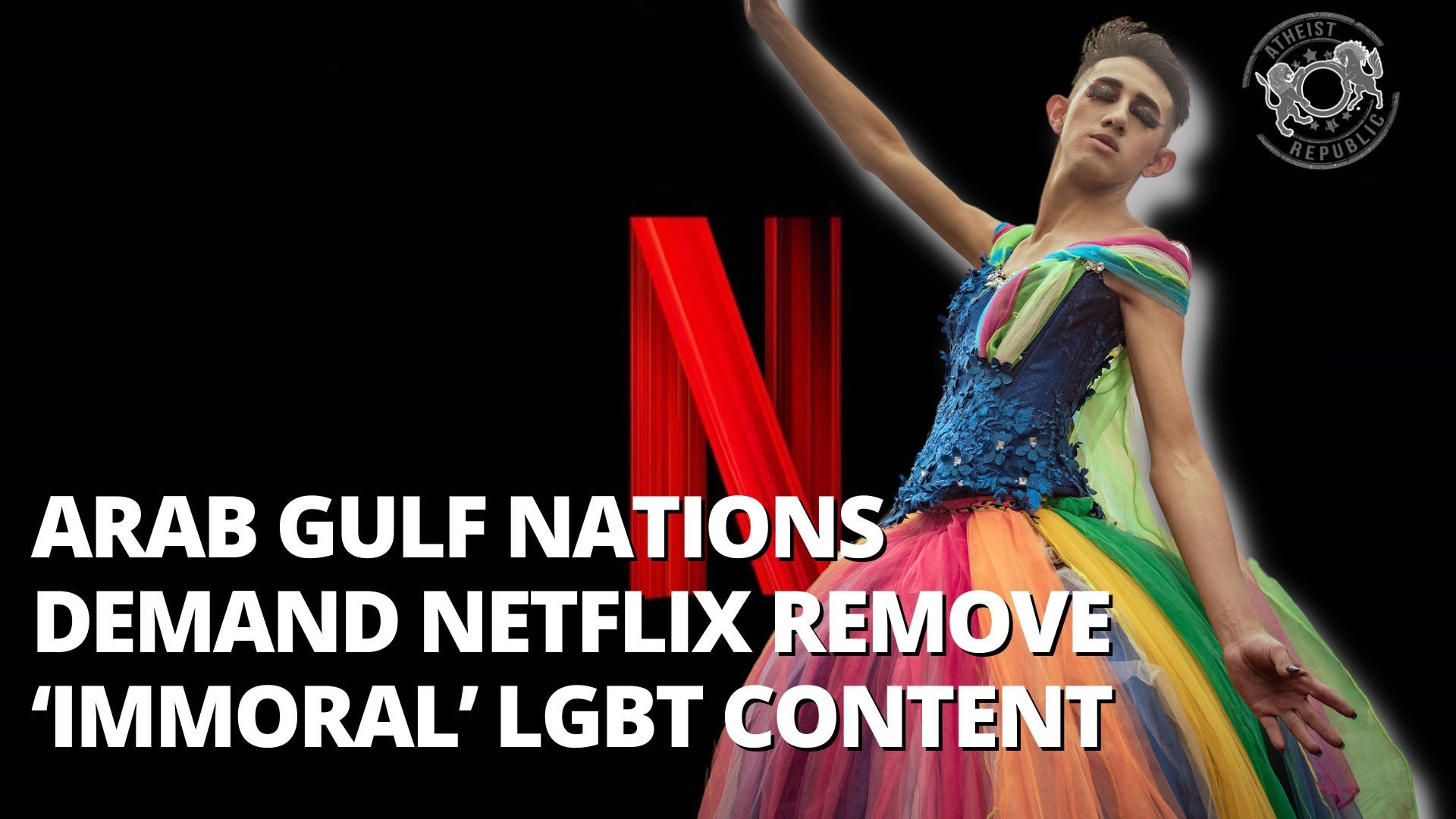
The Gulf countries are known for censoring many movies and TV shows in the past. Their new decision may not come as a shock to many. The Arab countries have now demanded the immensely popular streaming site Netflix remove "offensive content," citing material that "violates Islamic and societal values and principles."
In the new statement on September 6, the Gulf Cooperation Council(GCC) contacted Netflix to remove offensive content. The council includes Saudi Arabia, Qatar, Bahrain, Kuwait, Oman, and the United Arab Emirates.
Esra Assery, CEO of the Saudi General Commission for Audiovisual Media (GCAM), said, "All legal measures will be taken to protect the Kingdom's sovereignty, citizens and residents from any intellectual attack aimed at affecting its societies, values, safety of upbringing their generations and protecting them from harmful content.”
Saudi Arabia and other Gulf countries are threatening to take legal action against Netflix if it doesn't remove shows that "contradict Islamic values."https://t.co/drFXQteMSz
— DW News (@dwnews) September 6, 2022
The statement noted that the GCC committee and the Saudi General Commission for Audiovisual Media had contacted Netflix to remove the content not approved by the council, including those directed at "children," to "ensure adherence to the laws."
This recent change is likely a response to Netflix airing LGBTQ positive content and including queer characters in many of its shows. For the Muslim gulf countries, such content is seen as indecent and immoral.
The American streaming and production giant still hasn't responded to the statement by the GCC.
In a recently aired report on Saudi state television, an interview with a woman who calls herself a "behavioral consultant" called the online streaming service an "official sponsor of homosexuality." The interview also aired a clip from Jurassic Park: Camp Cretaceous, in which two female characters can be seen kissing through the blurred footage. The show is aimed at both children and young adults.
Saudi Arabia wants to block Netflix because they want to promote their own platform. https://t.co/1SOOg2qftJ
— asad abukhalil أسعد أبو خليل (@asadabukhalil) September 6, 2022
Saudi state television had previously suggested that Netflix can be banned in the state for shows that can "negatively" impact the children.
The Gulf countries are known for censoring and sometimes outrightly banning movies that may contain a few seconds of queer-friendly content.
A day after the statement was released, Egypt’s media regulator made its own demands. The Egyptian government wants the company to adhere to “societal principles and values of the country” they are streaming in.
Although not technically illegal in Egypt, members of the LGBTQ community are often prosecuted for “immorality” and “debauchery.”
Egypt became the latest Arab country to demand that Netflix drop content that runs counter to its “societal values,” an escalation of a battle by regional authorities on Western television shows and films that depict gay and lesbian characters onscreen. https://t.co/OzKJRd0Mmx
— The New York Times (@nytimes) September 7, 2022
In June, the screening of Disney's animated film, Lightyear, was banned in at least 14 countries as the movie had a brief scene where two lesbian characters could be seen kissing.
Even a superhero movie from the Marvel cinematic universe had received harsh criticism and later got a complete ban from screening on the Saudi Arabian and Egyptian screens. The Marvel flick Doctor Strange and the Multiverse of Madness had a few LGBTQ references and a queer character.
Benedict Cumberbatch, who plays the titular character of Doctor Strange, previously stated about the ban, "It's difficult not to become emotional about it, to be honest. But it is, I'm afraid, an expected disappointment. We've come to know from those repressive regimes that their lack of tolerance is exclusionary to people who deserve to be not only included but celebrated for who they are and made to feel a part of a society and a culture and not punished for their sexuality."
